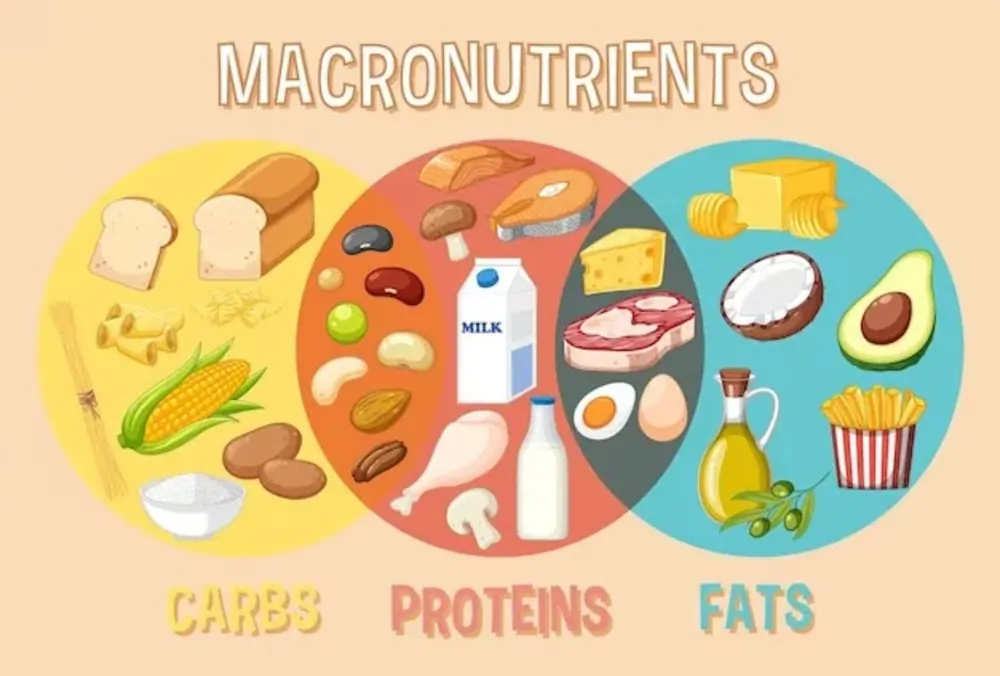
Introduction
Diabetes, a chronic condition characterized by high blood sugar levels, affects millions of people worldwide. However, it is often surrounded by myths and misconceptions. In order to manage diabetes effectively, it is crucial to separate the truth from the falsehoods. Let’s explore and debunk some common diabetes myths.
1. Myth: Diabetes is caused by consuming too much sugar

There is a widespread belief that consuming excessive sugar directly leads to diabetes. However, this is not entirely accurate. While a diet high in sugary foods and beverages can contribute to weight gain and increase the risk of developing type 2 diabetes, it is not the sole factor. Diabetes is a complex condition influenced by various genetic, lifestyle, and environmental factors. Adopting a balanced diet and maintaining a healthy weight are essential for overall well-being, including diabetes management.
2. Myth: Only overweight individuals can develop diabetes
Contrary to popular belief, diabetes can affect individuals of all body types. While excess weight is a risk factor for type 2 diabetes, there are other types, such as type 1 diabetes, that are not linked to weight or lifestyle choices. Type 1 diabetes is an autoimmune condition where the immune system attacks the cells in the pancreas responsible for producing insulin. Understanding the different types of diabetes is crucial to dispel this myth and ensure accurate information is shared.
3. Myth: People with diabetes cannot eat carbohydrates

This myth often leads to unnecessary dietary restrictions and misunderstandings. Carbohydrates are an important component of a balanced diet, providing energy and essential nutrients. For individuals with diabetes, it is crucial to manage carbohydrate intake effectively. This can be achieved through portion control, choosing complex carbohydrates with a lower glycemic index, and balancing them with proteins and healthy fats. Consulting with a registered dietitian can provide personalized guidance.
4. Myth: Insulin is a cure for diabetes

While insulin is an essential hormone for managing diabetes, it is not a cure. Insulin therapy is primarily used for individuals with type 1 diabetes and sometimes for those with type 2 diabetes who cannot produce enough insulin on their own. It helps regulate blood sugar levels, but it does not eliminate the underlying causes or reverse the condition. Diabetes management involves a multifaceted approach, including medication, lifestyle modifications, and regular monitoring.
5. Myth: Diabetes can be cured through natural remedies
Numerous natural remedies and alternative treatments claim to cure diabetes, but their effectiveness is often questionable. It is crucial to rely on evidence-based medical treatments and consult healthcare professionals. While some complementary therapies, such as herbal supplements and acupuncture, may provide supportive benefits, they should not replace conventional medical care. Collaborating with a healthcare team will ensure comprehensive diabetes management.
6. Myth: Only old people can develop diabetes

Diabetes is not exclusive to the elderly population. It can affect individuals of any age, including children and young adults. The prevalence of type 2 diabetes in younger populations has been increasing due to sedentary lifestyles and poor dietary choices. Recognizing the risk factors and implementing preventive strategies, such as regular exercise and a healthy diet, is crucial for people of all age groups.
7. Myth: Diabetes is not a serious health condition

Diabetes is a serious health condition that, if left uncontrolled, can lead to various complications. It can affect the heart, kidneys, nerves, eyes, and other vital organs. Uncontrolled diabetes increases the risk of heart disease, stroke, kidney failure, and limb amputations. Proper management through medication, lifestyle changes, and regular check-ups is essential to prevent these complications and lead a healthy life.
8. Myth: Diabetics cannot participate in physical activities

Physical activity is beneficial for everyone, including individuals with diabetes. Regular exercise helps control blood sugar levels, improve insulin sensitivity, manage weight, and reduce the risk of complications. It is important to consult with a healthcare professional before starting an exercise regimen and consider factors such as blood sugar levels, medication adjustments, and potential precautions. Engaging in activities that are enjoyable and suit personal abilities is key to long-term adherence.
9. Myth: Gestational diabetes is not a significant concern
Gestational diabetes, a type of diabetes that occurs during pregnancy, is a critical concern for both the mother and the baby. It can increase the risk of complications during pregnancy and delivery. Additionally, women who have had gestational diabetes have a higher risk of developing type 2 diabetes later in life. Managing blood sugar levels through a balanced diet, regular exercise, and, when necessary, medication, is essential during pregnancy. Proper prenatal care plays a vital role in reducing potential risks.
10. Myth: It is easy to know if someone has diabetes

Diabetes can often go undiagnosed as its symptoms may be subtle or mistaken for other conditions. Frequent urination, excessive thirst, unexplained weight loss, fatigue, and blurred vision are some common symptoms. However, some individuals may not experience noticeable symptoms, especially in the early stages. Regular screenings and blood tests are crucial to detect diabetes early. Annual check-ups and awareness of risk factors help ensure timely diagnosis and appropriate management.
11. Myth: People with diabetes will eventually go blind or lose limbs

While it is true that uncontrolled diabetes can lead to complications such as visual impairment and limb amputations, it is not inevitable. Proper diabetes management, including blood sugar control, regular eye examinations, foot care, and overall healthcare, can significantly reduce these risks. Individuals with diabetes should prioritize their health, follow recommended screenings, maintain proper foot hygiene, and seek professional care when needed.
12. Myth: Diabetes only affects physical health

Diabetes can have a significant impact on mental health as well. The stress and psychological burden of managing a chronic condition can affect emotional well-being. Additionally, fluctuations in blood sugar levels can contribute to mood swings and irritability. It is important to prioritize holistic care and address the emotional aspects of living with diabetes. Seeking support from healthcare professionals, support groups, or counselors can make a positive difference.
13. Myth: People with diabetes cannot lead a normal life
Living with diabetes does not mean a compromised life. With proper diabetes management and lifestyle adjustments, individuals can lead a fulfilling and active life. Numerous people have successfully managed diabetes and achieved their goals in various fields. Maintaining a positive outlook, adhering to prescribed treatments, engaging in healthy habits, and seeking necessary support is vital for a well-balanced life while managing diabetes.
Conclusion: Managing Diabetes Myths
Debunking diabetes myths is crucial for informed decision-making and effective management. Diabetes is a complex condition that requires accurate understanding and proactive measures. By spreading accurate information, promoting awareness, and seeking professional advice, we can overcome misconceptions and help individuals lead healthier lives. Let’s embrace the truth about diabetes and empower ourselves and others to proactively manage this condition.
FAQs
1. Can eating too much sugar cause diabetes?
No, consuming excessive sugar is not the sole cause of diabetes. Diabetes is a multifactorial condition influenced by various genetic, lifestyle, and environmental factors.
2. Can people with diabetes eat carbohydrates?
Yes, individuals with diabetes can eat carbohydrates. Managing carbohydrate intake effectively is crucial, and it can be achieved through portion control, choosing healthier options, and balancing them with proteins and fats.
3. Is insulin a cure for diabetes?
Insulin is not a cure for diabetes. It is an essential hormone used for diabetes management, primarily in individuals with type 1 diabetes and some with type 2 diabetes who cannot produce enough insulin.
4. Do natural remedies cure diabetes?
Natural remedies do not offer a guaranteed cure for diabetes. Relying on evidence-based medical treatments and consulting healthcare professionals is essential for effective diabetes management.
5. Can only old people develop diabetes?
Diabetes can affect individuals of any age, including children and young adults. It is important to recognize risk factors and take preventive measures regardless of age.






